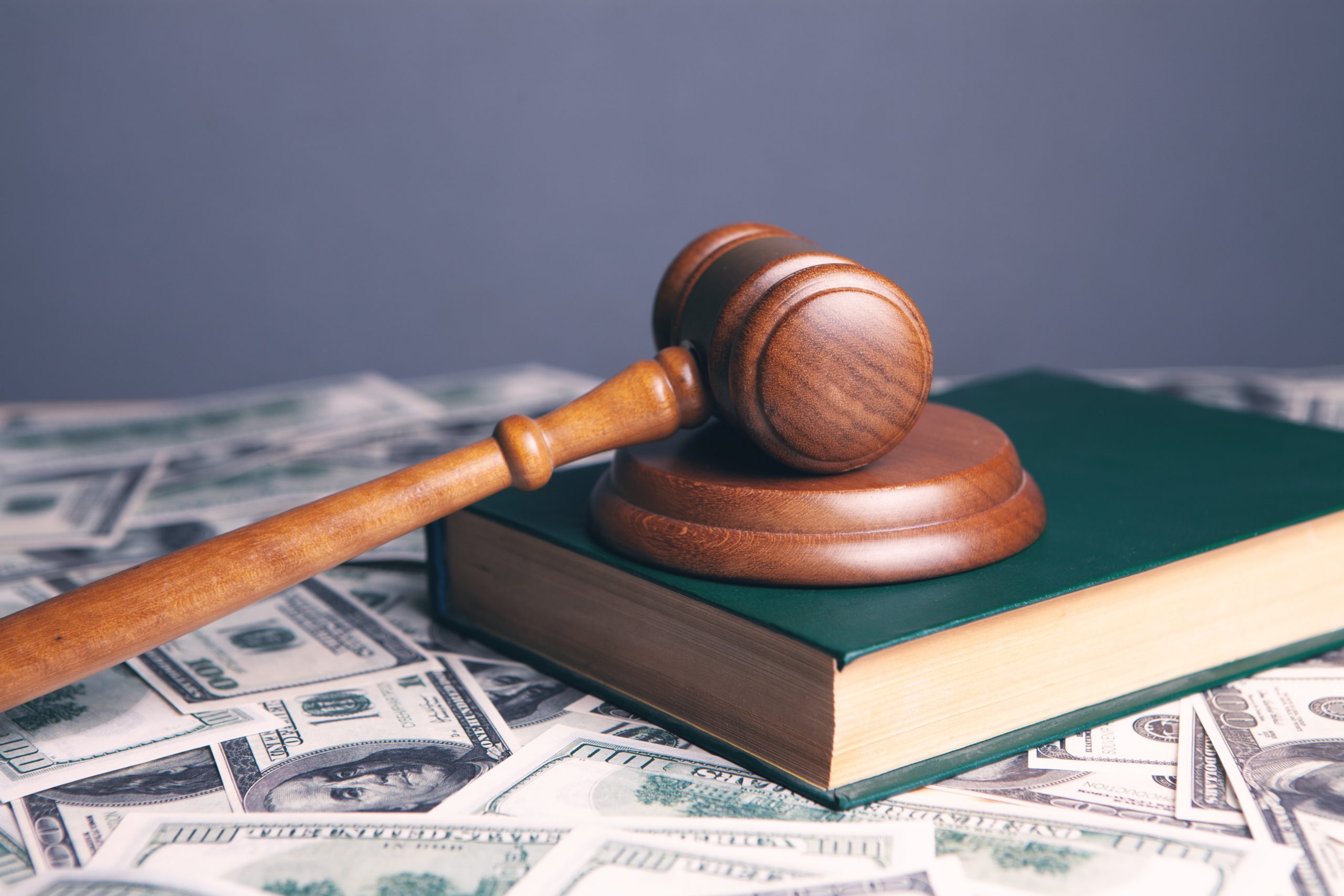The legality of your music
Music, like everything in life, is regulated by a series of rules and laws that must be followed if you want to avoid having problems with the law. There is a lot of information on the internet on this subject, but from experience, I know that it can be confusing and tedious to understand certain terms. That is why I have decided to create this article so that you can understand and assimilate the most important legal concepts that surround your music.
This post may not interest you much if you have a team that handles legal issues (lawyers, record labels, publishers, …), but it never hurts to know your rights, since in any professional relationship where there is money from in between, all parties will do their best to achieve their greatest benefit. So, I recommend that you inform yourself well on these issues to avoid future problems.
Even if you are an amateur artist who still does not generate money with his music, this guide can help you to know such important things as registering your works in the authors’ society of your country or knowing what percentage and where you will receive the economic benefit generated by your music.

